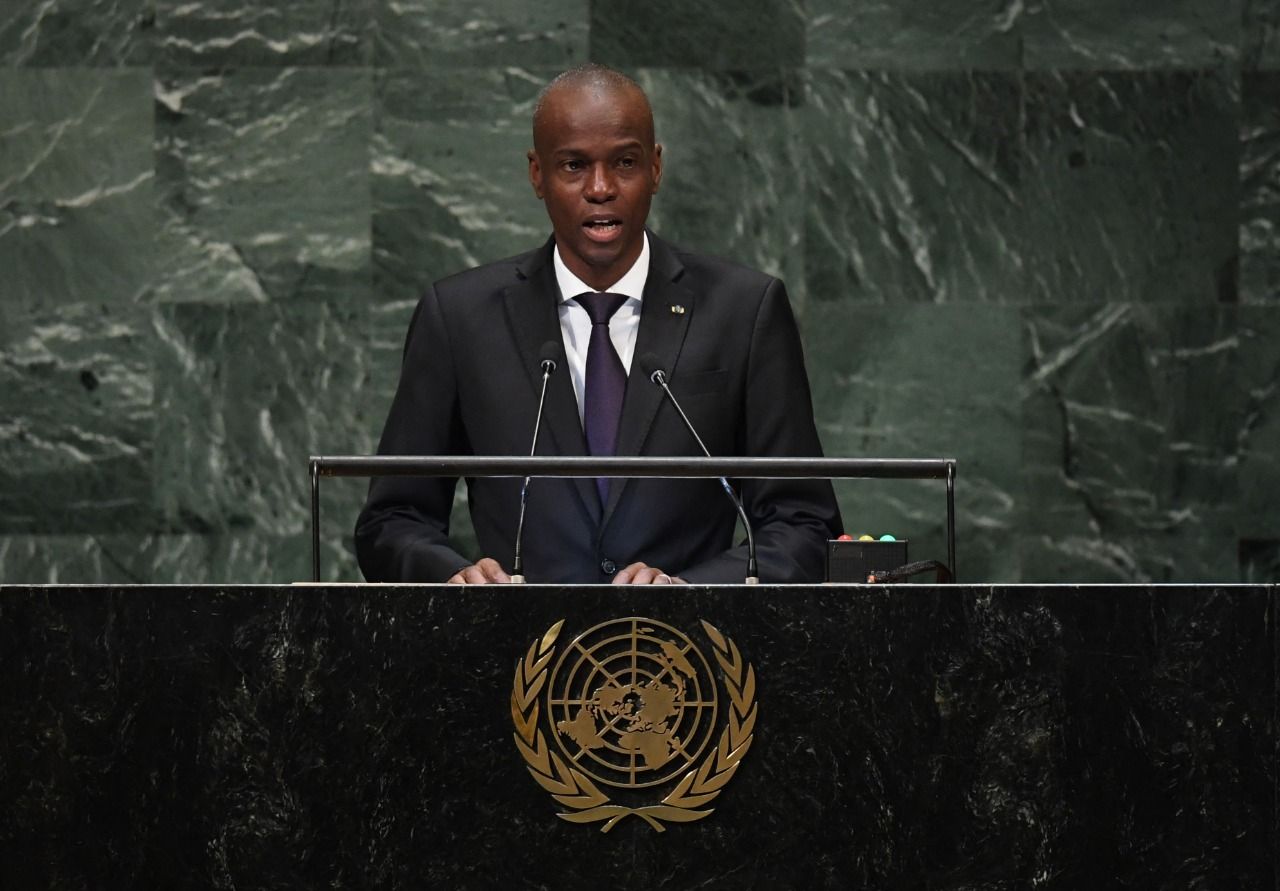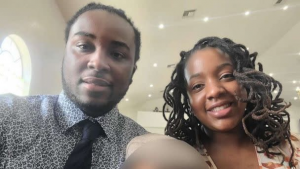Even after three days of the assassination of Haitian leader Jovenel Moise, nobody is sure about who is in charge of the violence-wracked country with no working parliament and no workable succession process.
Here is a look at the possible scenarios that could play out in the impoverished Caribbean nation, which was already in a deep political and security crisis when the assassination, the motive of which is still unclear, took place early on Wednesday:
With Haiti’s executive branch brutally shaken by the murder of the president, the two other branches — the legislative and the judiciary — face enormous pressures in a country crippled by a grave institutional crisis for more than a year.
Moise had organized no elections since arriving in power in 2017, leaving Haiti with only 10 elected lawmakers, just one-third of the Senate, since January 2020.
His administration had also not nominated any replacements for members of the Superior Council of the Judiciary when their three-year terms ended — or after the council’s president died last month of COVID-19.
“As concerns the constitution, there is no possibility of finding a solution, for Jovenel Moise and his team had made sure to dismantle all the institutions,” AFP quoted Marie Rosy Auguste Ducena, a lawyer with the National Network for the Defense of Human Rights, as saying.
“Whether you turn to the parliament or to the judiciary, there is nothing,” she said.
Only hours after Moise’s assassination, Claude Joseph, who was named prime minister in April, announced that he was in charge while declaring a two-week “state of siege” that gave him even broader powers.
“The constitution is clear: I have to organize elections and actually pass the power to someone else who is elected,” he said in English in an interview broadcast on Saturday on CNN.
Haiti’s constitution states that in the event a president is unable to carry out his duties, the prime minister shall assume power. Only days before his death, Moise had named Ariel Henry to be the country’s next prime minister.
That nomination, registered Monday in the official journal of the Haitian republic, led some observers to question Joseph’s claim to power.
Facing the real danger of a national power vacuum, eight of the 10 senators still in office signed their names late on Friday to a resolution nominating Senate leader Joseph Lambert to be the country’s provisional president.
They have some support from opposition parties, but the validity of the document — and how it can be enforced — is unclear.
“While there is no denying that the 10 senators are the only remaining 10 elected officials in the country, it is clear that they are not representative of the country,” said analyst Emmanuela Douyon, AFP reported.
Though Lambert is an experienced politician, he has also been a deeply divisive one.
“Senator Lambert has long been criticized,” said Ducena. “There are abundant rumors linking him to drug trafficking, and others regarding issues of his morality.”







